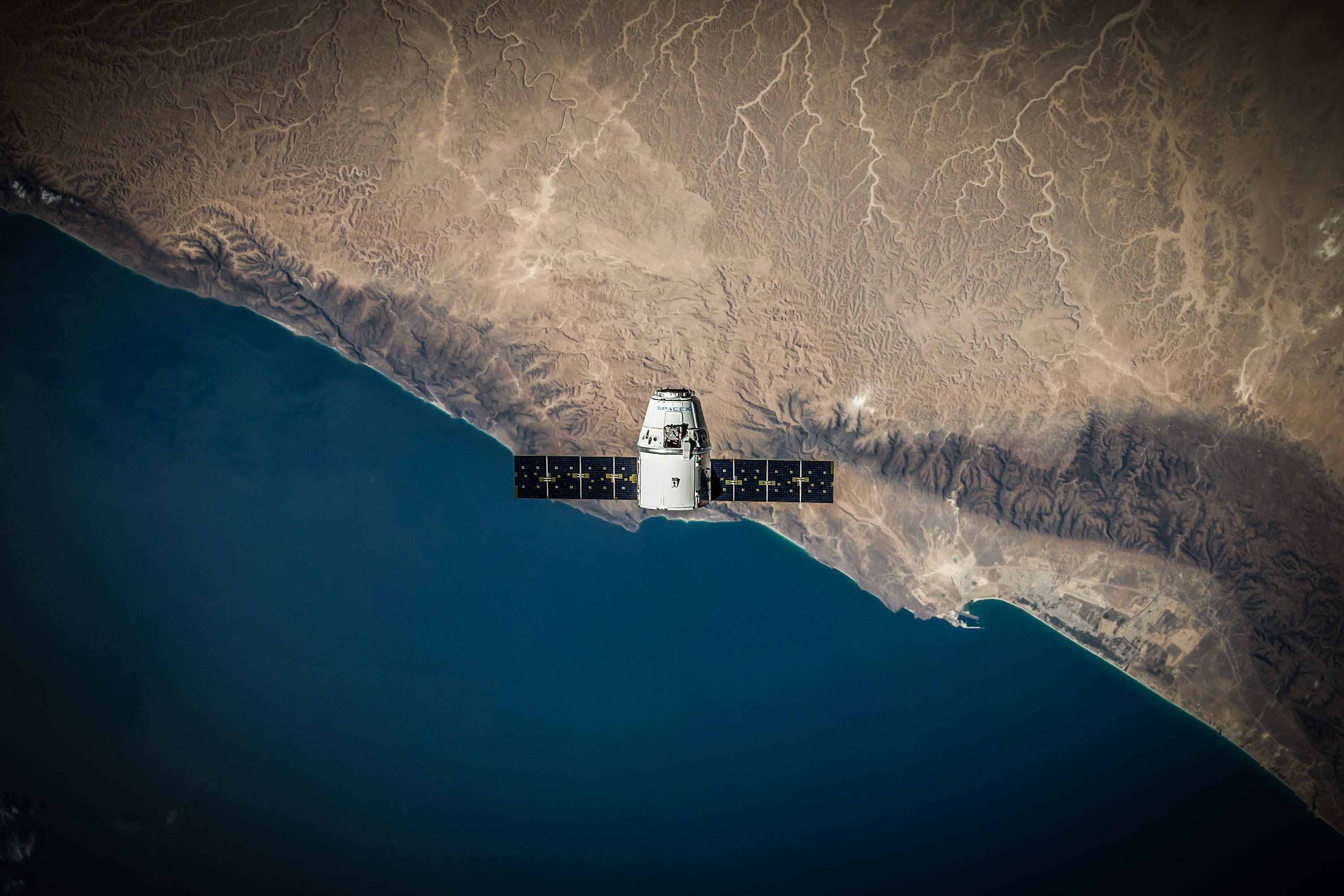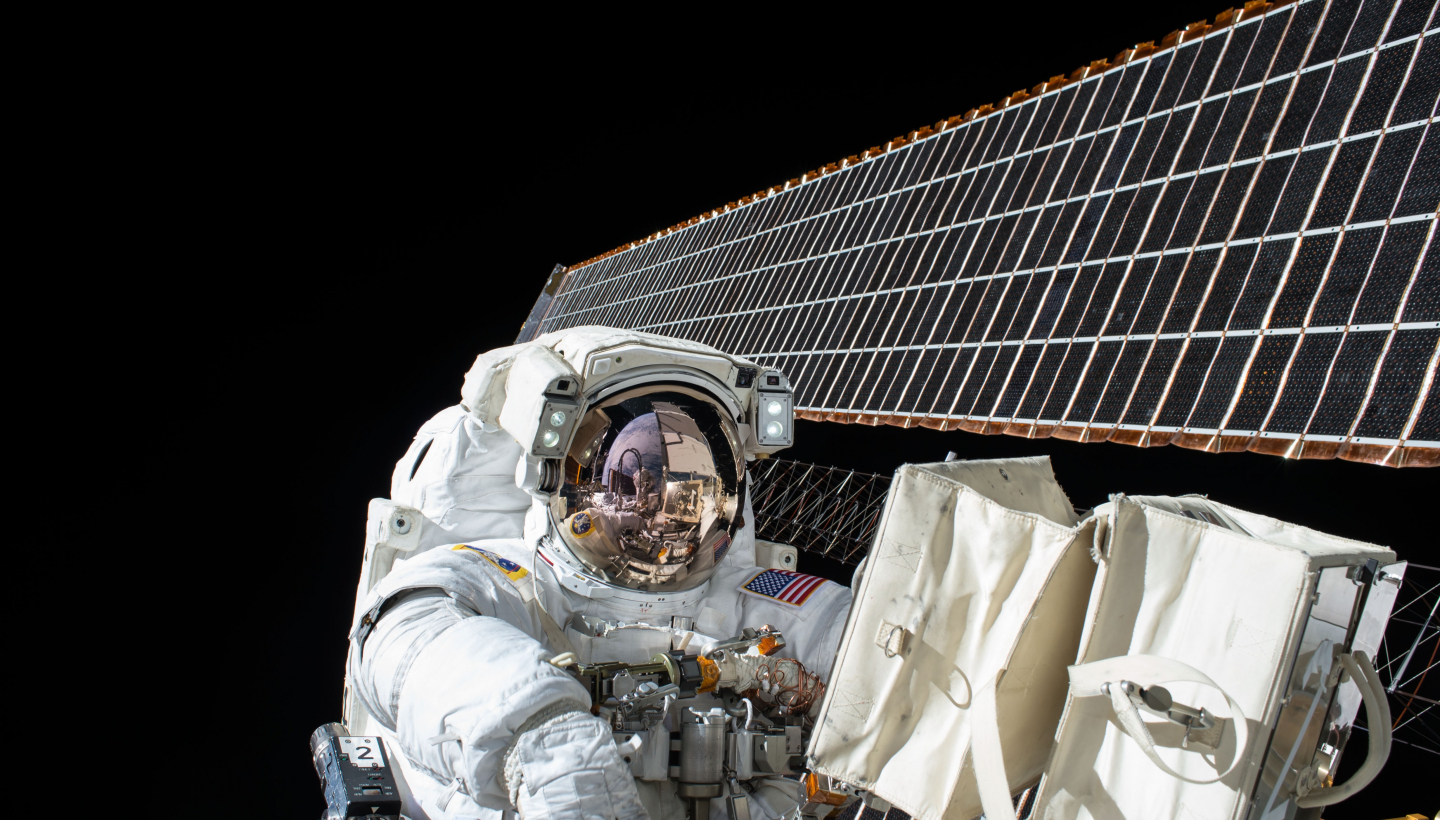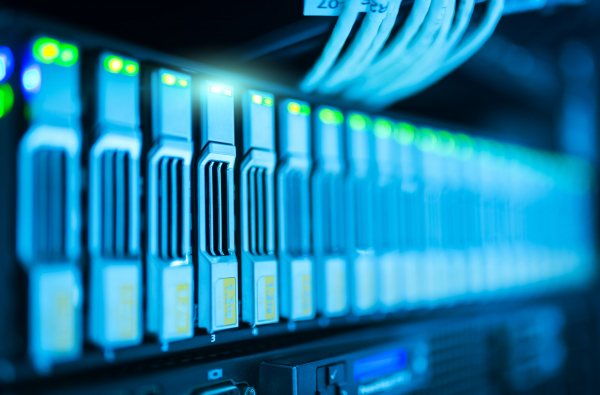Opinno Collaborator
By Sonia Pacheco, Congress Director of DES/Digital Business World Congress
On May 24, 2019, a bright and orderly row of objects stretched across the sky. A witness was astonished by the scene and began to record without knowing very well what he was observing.
The answer lies in Space X, Elon Musk's space unicorn worth more than $30 billion. Under his label, StarLink had launched sixty satellites at a time into LEO ('Low Earth Orbit') orbit. The idea of this massive launch, among others, was to offer low-cost connectivity to areas that currently do not have it.
If we talk about connectivity, we cannot help but think of the enormous opportunity that Africa offers as an unconnected region, yet in the United States alone more than 44 million people are considered "unconnected", some 625 million in East Asia and 25 million in Southern Europe, to name a few examples. Musk, he is clear about this. On January 7, he repeated a new launch of 60 satellites placing them 550 kms. from the Earth, where they already total 180 with a view to their goal of having 42,000 in the next decade. Satellites at full throttle and in record time, to outpace their competitors.
Something is happening in the space industry, space agencies like NASA, ESA, ROSCOS- MOS, JAXA and in short more than 75 countries that currently have operations in space are no longer alone. At this time the doors to private companies are open, Blue Origin, Jeff Bezos' most personal bet and his great bet 'Project Kuiper', the mentioned Space X with StarLink, OneWeb, Virgin Orbit, Planet, Rocket Lab and many others are contributing to create a juicy ecosystem and great impact on the future that goes through creating new products and services such as connectivity among others, This leads to a demand for the construction of infrastructure, from the creation of launch pads, exploration vehicles, mini-satellites, space mining to the search for new resources and the already mythical space tourist trips, to give just a few examples.
According to the Space Foundation, a decade ago, investments in the space economy were about 175 billion dollars and last year they amounted to 415 billion, with an increase of more than 7% in the production of space devices (different types of infrastructure). This gives us an idea of the spectacular growth that the sector is experiencing. The United States, like other technological markets, is once again leading the market and investments.
In these 63 years of space race, more than 5250 launches have been counted, with a total of 62,000 objects launched to what in 1967 was declared 'the province of all mankind', that is, space. This, let's not forget, has created an invisible problem in our humble, earthly day-to-day life, but one that may begin to affect us, as we have 8,000 tons of objects orbiting above us. Since 2015 the number of active satellites orbiting has increased by 2/3, many of them being mini - private satellites. But don't panic, the risk does not lie in our safety.

According to UNOOSA, the UN body in charge of outer space affairs, there are currently more than 23,000 objects in orbit, of which only about 2,000 would be satellites, the rest being space debris. This represents a threat and a considerable risk of collision for current and future devices, those which help us in our daily lives with our telecommunications, television, weather forecasting, scientific advances and disasters and of course the now essential for all, geolocation, without forgetting that of perhaps greater strategic importance, that of military use.
Already in February 2009 there was an accident between two satellites Iridium 33 (USA) and Kosmos 2251 (Russia), generating 2,200 pieces of debris of considerable size and many others of smaller size whose remains were dispersed in Siberia. And these risks, according to the IADC (Inter-Agency Space Debris Coordination Commit- tee) are going to grow exponentially as more and more objects are launched and collide in orbit.
It should also be added that there are an estimated 750,000 debris items less than one centimeter and 170 million no larger than one millimeter. So, Houston, we have a commercial problem because of possible impacts, but also a new business in sight: cleaning up space.
We have an exciting decade ahead of us, with great opportunities thanks to the great democratization of technology and with our sights set on the billionaires Musk, Branson and Bezos, with their plans for massive launches and ideas for colonizing planets. A new conquest of space 5.0, by app.

Collaborator’s Bio
Sonia Pacheco, leads the program of one of the most important congresses in terms of Digital Business and Technology in Europe: DES | Digital Enterprise Show. Having been able to contribute significantly to create and consolidate one of the main global platforms for networking, knowledge and technological deal-making. DES is visited by 26.000 people from 51 countries, counting in each edition with more than 500 international speakers. It has also been a digital entrepreneur in the field of IA technologies, with the associated company Parque Científico de Madrid. It also disseminates information in the digital sector in the media and collaborates in various programs and business schools.
Sonia Pacheco has a Master's Degree in Tourism from the University of Wroclaw (Poland) and an Executive Master's Degree in Digital Business from ESADE Business School



